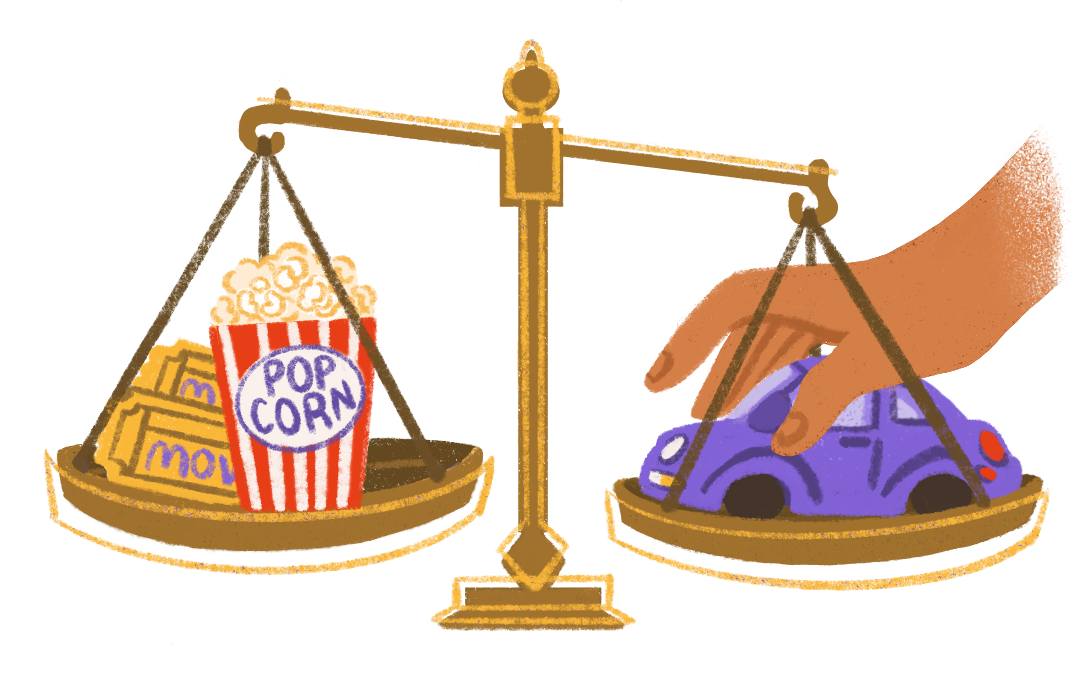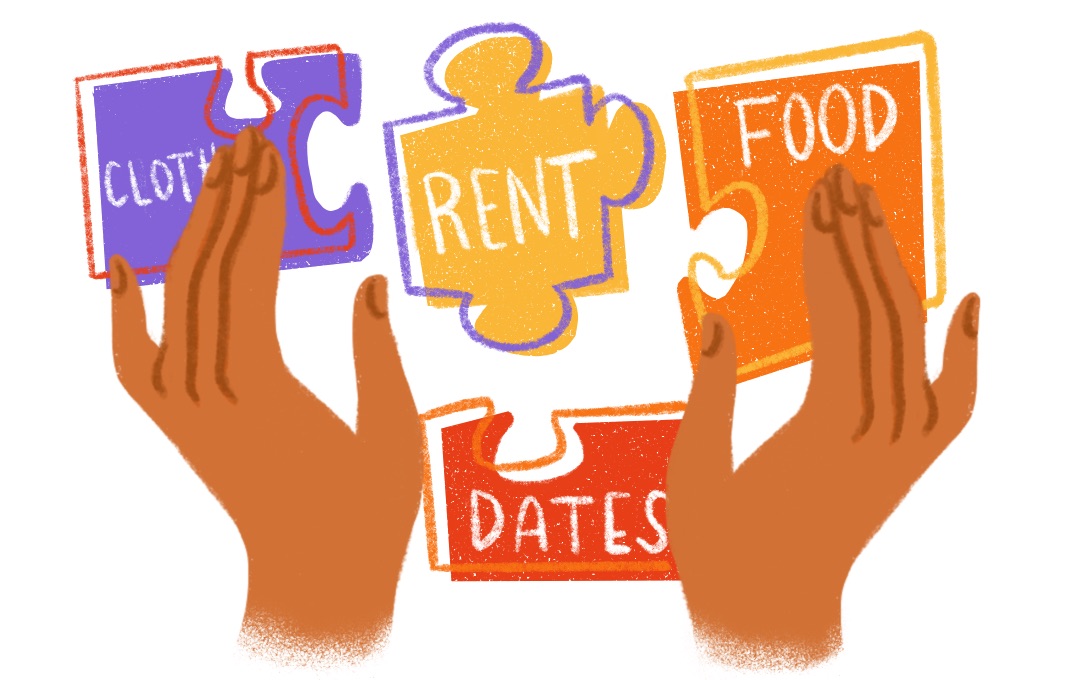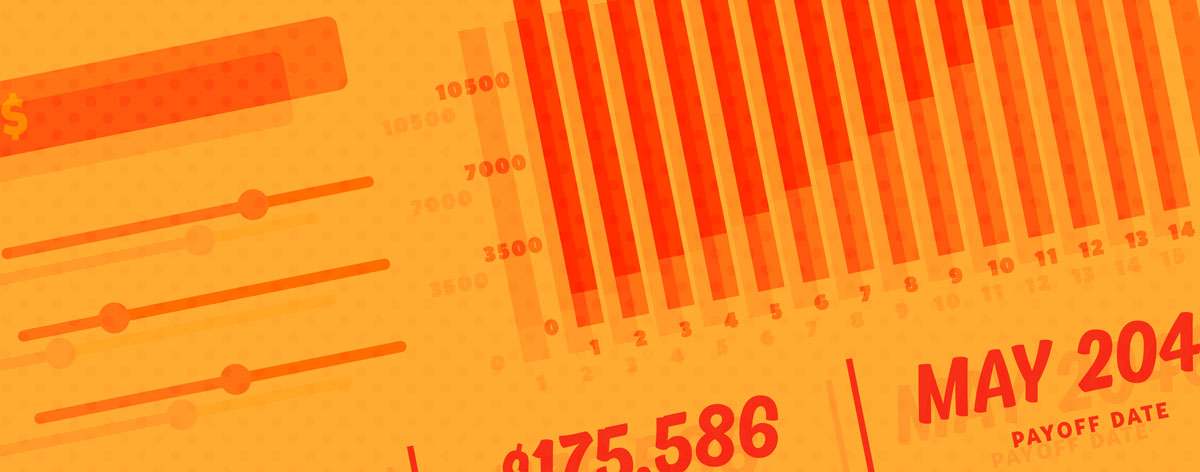When Times Get Tough
In this article:
When emergencies and unexpected situations strike, it’s important to be prepared and make wise decisions.
While tough times can vary, from a sudden job loss to a natural disaster, the steps that you can take to prepare yourself are often the same. There’s an old phrase that says “the best time to plant a tree was 20 years ago, the second best time is now.” This certainly holds true when it comes to preparing for an emergency. But no matter what stage of an emergency you’re in, starting now is your best option.
Get Insurance
The thing that can often make the biggest difference in unexpected situations is insurance. Insurance can be a lifesaver when emergencies hit.
While it’s likely that you have some form of basic homeowners, auto, and health insurance, it may be wise to add on additional protection. Some coverage options that may be worth considering include:
- Earthquake insurance: This can help pay for repairs or replacements to your home or items if they’re damaged in an earthquake. This is usually purchased as an add-on to homeowner's or renter’s insurance.
- Flood insurance: Usually purchased from the National Flood Insurance Program (NFIP), this insurance protects your home and possessions in the case of a flood.
- Life insurance: This insurance can help your dependents or loved ones if you pass away unexpectedly. This article about life insurance describes the different types of coverage.
- Comprehensive auto insurance: If your car is damaged in something other than a collision, such as a natural disaster, or if the car is stolen, this insurance can help. This is usually an add-on to your regular auto insurance.
- Disability insurance: This insurance is generally offered through an employer and can help make up for lost income if you become disabled.
Build an Emergency Fund
A healthy emergency fund can help you cover expenses if you’re laid off from work or need to pay for an unexpected situation. Ideally, you would have enough for at least 3-6 months of essential living expenses. Saving up that much money may seem overwhelming at first, but it’s manageable by taking it little by little.
Prepare an Emergency Kit
An emergency kit is essential for unexpected situations and should be stocked enough to sustain you and your family for 72 hours (3 days). Ideally it will include everything you would need if you had to leave your home or survive without power, water, or heat. You can find a guide for what to include in your emergency kit at ready.gov/kit. Some common options include food, water, blankets, sturdy shoes, toilet paper, and flashlights. It’s important to stock up on these items early as you may not be able to get them during an emergency due to shortages or an inability to travel.

If tough times are already upon you and you’re feeling underprepared, don’t worry. There are still things that you can do to get you through a crisis.
Adjust Your Budget
The first thing you should do is change your spending habits. Cut back on unnecessary expenses to focus on necessities and unexpected costs. This means making tough decisions about what you need and what you can do without until things get back to normal. If you don’t already have well-funded emergency savings, pull from regular savings, sell unneeded items, and rearrange your regular budget.
Talk to Your Lender
If you are struggling to make debt payments during a personal or economic crisis, it’s wise to reach out to your lender. It’s likely that they will be willing to work with you. The last thing you want to do is miss payments or hide from your lender, as that could force them to send your debt to collections, which will have a negative impact on your credit score.

Get Government Assistance
If you qualify, there are government programs that can help you get back on your feet. Options like SNAP, CHIP, Medicaid, short-term unemployment benefits, and TANF can make a big difference. To learn more, check out this article about government assistance programs.
Don’t Panic
Jumping to hysteria or mass panic buying isn’t going to help you or anyone else in an emergency situation. Even if everyone insists you need 200 rolls of toilet paper, make sure that you take a step back and do your research before contributing to shortages or maxing out your emergency fund on something that you don’t actually need. Think carefully about the money you have available and how you can manage it effectively in times of crisis.
Contribute to Relief Efforts
If you see that there are others who have been more affected by an emergency situation than you have, consider donating to relief efforts. That can mean purchasing things for someone in your community, carefully researching and giving to a charity, donating your time or items to relief organizations, supporting local businesses, and more. Hard times affect all of us, but they are much easier when we come together and lift one another up.
While tough times are never ideal, good preparation and thoughtful financial decisions can help you and your funds weather the storm.
Neither Banzai nor its sponsoring partners make any warranties or representations as to the accuracy, applicability, completeness, or suitability for any particular purpose of the information contained herein. Banzai and its sponsoring partners expressly disclaim any liability arising from the use or misuse of these materials and, by visiting this site, you agree to release Banzai and its sponsoring partners from any such liability. Do not rely upon the information provided in this content when making decisions regarding financial or legal matters without first consulting with a qualified, licensed professional.


